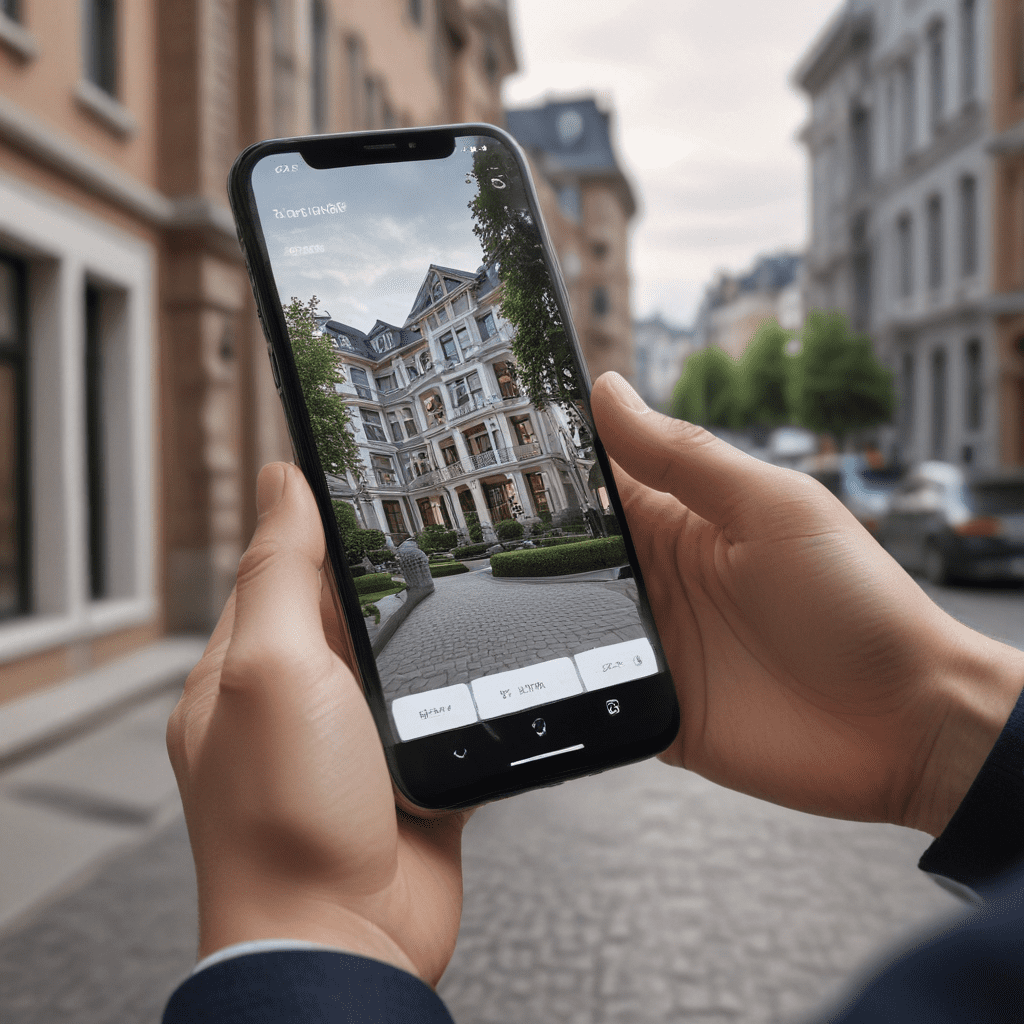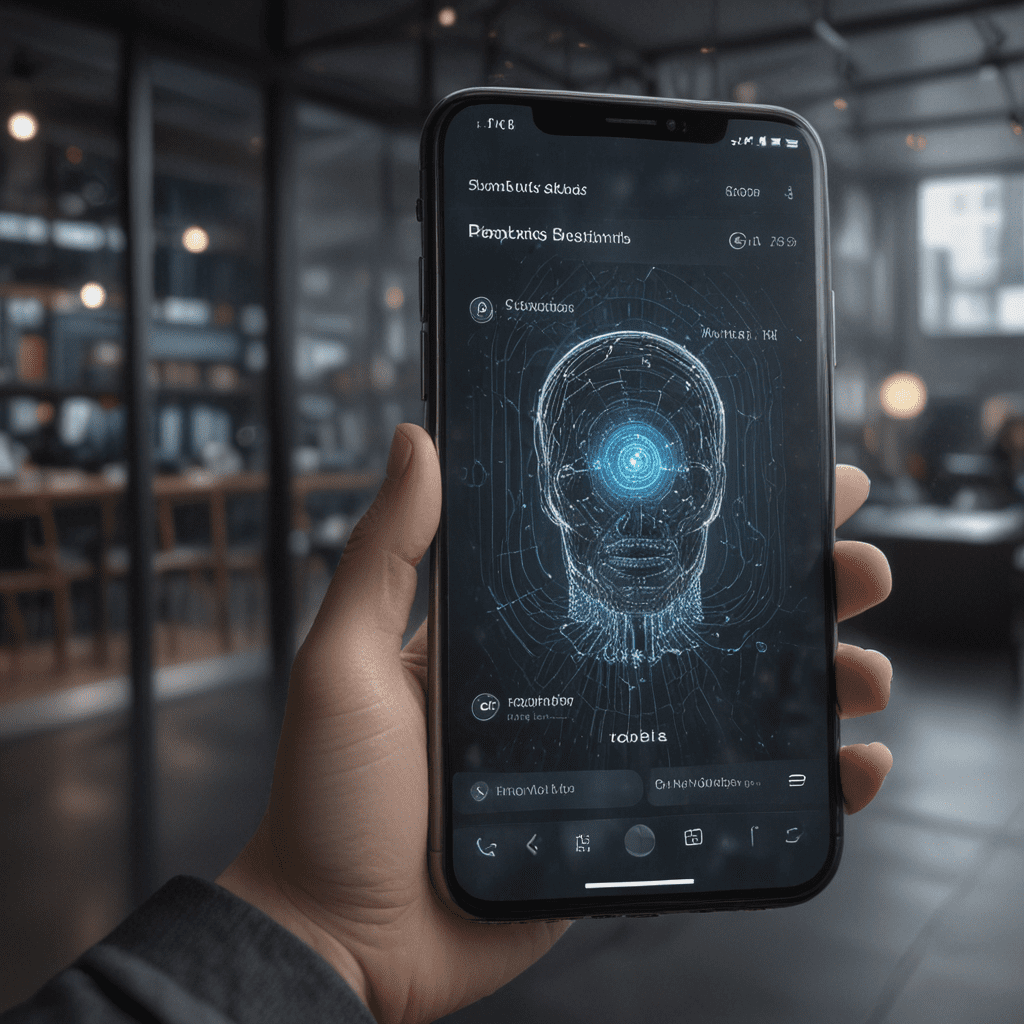
Mobile App Development for Real Estate: Enhancing User Experience
Introduction: The Role of Mobile Apps in the Real Estate Industry
The real estate industry is undergoing a significant transformation driven by the advent of mobile technology. Mobile apps have become indispensable tools for both real estate professionals and consumers, streamlining the property search and transaction process. Real estate agents can now showcase properties, schedule appointments, and communicate with clients with ease, while homebuyers and renters can access a wealth of information and make informed decisions from the palm of their hand.
Understanding User Needs: Identifying Pain Points and Desires
To develop a successful real estate mobile app, it is crucial to understand user needs and pain points. Conduct thorough research to determine what users are struggling with and what features they are looking for. Common pain points for real estate apps include the inability to easily find relevant properties, lack of transparency in pricing and availability, and difficulty in connecting with agents. Addressing these pain points is key to creating a user-friendly and satisfying app experience.
Designing for Mobile-First: Optimizing for User Convenience
Mobile apps should be designed with a mobile-first approach, ensuring that users can easily access and navigate the app on any smartphone or tablet. The user interface should be intuitive and clutter-free, with clear and concise information. Use simple and recognizable navigation elements, avoid overloading pages with text, and optimize the app for fast loading speeds. By prioritizing mobile-first design, real estate apps can provide a seamless and efficient user experience.
Leveraging Location-Based Services: Empowering Property Search
Location-based services (LBS) are a valuable tool for real estate mobile apps, enabling users to search for properties in their desired location and receive personalized recommendations. Integrate GPS functionality into the app to allow users to track their location, search for properties nearby, and receive notifications for potential matches. LBS can significantly enhance the property search experience, making it more convenient and efficient for users.
Integrating AR and VR: Enhancing Virtual Property Viewings
Augmented reality (AR) and virtual reality (VR) technologies are revolutionizing the real estate industry by providing immersive and interactive property viewing experiences. AR apps can overlay digital content onto the real world, allowing users to visualize how furniture and décor would look in a particular space. VR apps offer fully immersive virtual tours, enabling users to explore properties remotely as if they were actually there. Integrating these technologies into real estate mobile apps can enhance the user experience and facilitate more informed decision-making.
Incorporating Real-Time Communication: Facilitating Direct Contact
Real-time communication features play a crucial role in real estate mobile apps by enabling users to connect with agents and other interested parties instantly. Implement live chat, video calling, or messaging services into the app to facilitate direct communication between users and agents. This allows for quick and convenient inquiries, property showings, and appointment scheduling, streamlining the communication process and fostering a more personalized experience for users.
Providing Personalized Content: Tailoring the Experience to User Preferences
Personalization is key to enhancing user experience in real estate mobile apps. Track user behavior, preferences, and interests to tailor content and recommendations to their specific needs. Display relevant property listings, provide customized search suggestions, and offer personalized notifications based on user preferences. By delivering a personalized experience, real estate apps can increase user engagement and satisfaction, ultimately leading to more successful outcomes.
Ensuring Data Privacy and Security: Protecting User Information
Data privacy and security are paramount concerns in mobile app development, especially for apps that handle sensitive user information. Implement robust security measures to protect user data from unauthorized access, theft, or misuse. Comply with relevant privacy regulations, ensure data encryption, and provide users with clear and transparent information about how their data is collected, used, and stored. By prioritizing data privacy and security, real estate mobile apps can build trust with users and foster a sense of security.
Continuous App Monitoring and Analytics: Tracking Key Performance Indicators
Continuous app monitoring and analytics are essential for optimizing real estate mobile apps and ensuring their effectiveness. Track key performance indicators (KPIs) such as user engagement, app usage, conversion rates, and customer satisfaction. Use this data to identify areas for improvement, make data-driven decisions, and enhance the overall user experience. By continuously monitoring and analyzing app performance, real estate companies can refine their strategies and deliver a mobile app that meets the evolving needs of users.
Best Practices for Real Estate App Development: Maximizing User Engagement
To maximize user engagement with real estate mobile apps, consider implementing the following best practices:
- Prioritize user experience and design: Ensure a seamless and intuitive user interface with clear navigation and easy-to-use features.
- Focus on providing value: Offer exclusive content, personalized recommendations, and tools that enhance the user experience, making the app indispensable for their real estate journey.
- Leverage push notifications: Use push notifications to deliver timely updates, property alerts, and personalized messages, keeping users engaged and informed.
- Optimize app performance: Ensure fast loading speeds, minimize bugs, and provide a reliable app experience across different devices and operating systems.
- Promote user feedback: Encourage users to provide feedback and reviews, and use this input to make continuous improvements to the app.
Frequently Asked Questions
- What are the most important features to include in a real estate mobile app?
- Property search, location-based services, virtual property viewing, real-time communication, personalized recommendations.
- How can I ensure the security of user data in a real estate app?
- Implement data encryption, comply with privacy regulations, and provide transparent information to users about data handling.
- What is the best way to maximize user engagement with a real estate app?
- Prioritize user experience, focus on value, leverage push notifications, optimize app performance, and promote user feedback.
- How can I track the success of my real estate mobile app?
- Monitor key performance indicators (KPIs) such as user engagement, conversion rates, and customer satisfaction.
- What are the latest trends in real estate app development?
- Integration of AR/VR technologies, personalized content delivery, seamless communication tools, and advanced data analytics.


